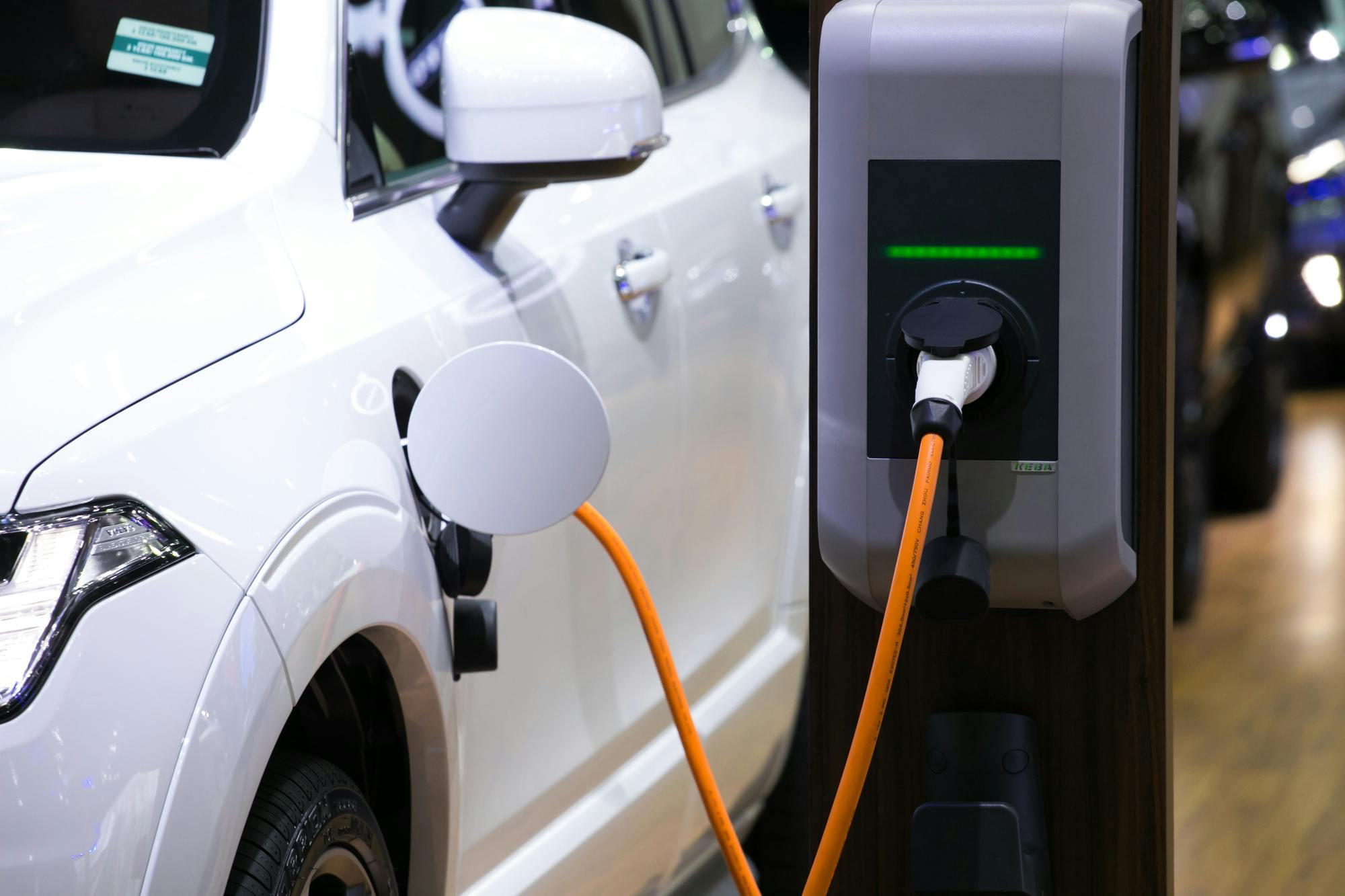
Decoding the EV vs. Gasoline Debate
As the global conversation surrounding sustainability and environmental consciousness gains momentum, one of the most prominent debates within the automotive industry revolves around the choice between electric vehicles (EVs) and gasoline-powered vehicles. The question of which technology holds the key to a cleaner, more efficient future has ignited a passionate discussion among experts, consumers, and policymakers alike. Here, we delve into the key points of contention, exploring the merits and drawbacks of each technology to shed light on this critical debate.
Environmental Impact:
At the forefront of the discourse is the environmental impact of both electric vehicles and gasoline-powered vehicles. While conventional gasoline-powered vehicles emit pollutants such as carbon dioxide (CO2), nitrogen oxides (NOx), and particulate matter, electric vehicles produce zero tailpipe emissions during operation. However, it's imperative to consider the source of electricity production; if the energy used to charge EVs comes from fossil fuels, the overall environmental benefit might be limited. On the other hand, the rapid advancement of renewable energy sources has the potential to enhance the eco-friendliness of electric vehicles significantly.
Range and Infrastructure:
One of the primary concerns associated with electric vehicles is their limited range and the infrastructure required to support them. Gasoline-powered vehicles can cover long distances without the need for frequent refueling, whereas electric vehicles often require recharging stations, which can be less prevalent, particularly in remote or less developed areas. Although the proliferation of charging infrastructure has been growing steadily, the need for widespread accessibility and faster-charging capabilities remains a critical factor in the widespread adoption of electric vehicles.
Performance and Driving Experience:
When it comes to performance, gasoline-powered vehicles have long been celebrated for their robust acceleration, power, and overall driving experience. However, modern electric vehicles have been rapidly closing the gap in terms of performance, with instant torque delivery, quiet operation, and smooth acceleration. Some electric models have even demonstrated superior performance, proving that the shift to electric vehicles does not necessarily mean compromising on driving pleasure or capability.
Maintenance and Operating Costs:
Electric vehicles are generally known to have lower maintenance costs compared to their gasoline counterparts, mainly due to the simpler construction of electric motors, fewer moving parts, and reduced wear and tear on components. Additionally, the cost of electricity is often lower than the cost of gasoline, resulting in lower overall operating expenses for electric vehicle owners. Conversely, the initial purchase price of electric vehicles can be higher than that of gasoline-powered vehicles, though this cost differential is expected to decrease as technology advances and production scales up.
Consumer Preferences and Adoption:
Consumer preferences play a significant role in determining the trajectory of the electric versus gasoline debate. While some consumers prioritize sustainability and eco-friendliness, others place emphasis on range, performance, and the convenience of refueling. As electric vehicle technology continues to evolve, the availability of diverse models, longer ranges, and faster charging times is gradually shifting consumer perceptions and encouraging broader adoption. However, overcoming consumer inertia and fostering widespread acceptance remain crucial challenges in the journey towards mainstream electric vehicle adoption.
Ultimately, the debate between electric vehicles and gasoline-powered vehicles encompasses a multifaceted discussion that goes beyond the realms of environmental impact and performance. Both technologies offer unique benefits and face distinct challenges, underscoring the importance of considering various factors, including infrastructure development, technological advancements, consumer preferences, and sustainability goals. As the automotive industry continues to innovate and adapt, striking a balance between efficiency, performance, and environmental consciousness will remain a pivotal focus in shaping the future of transportation.








